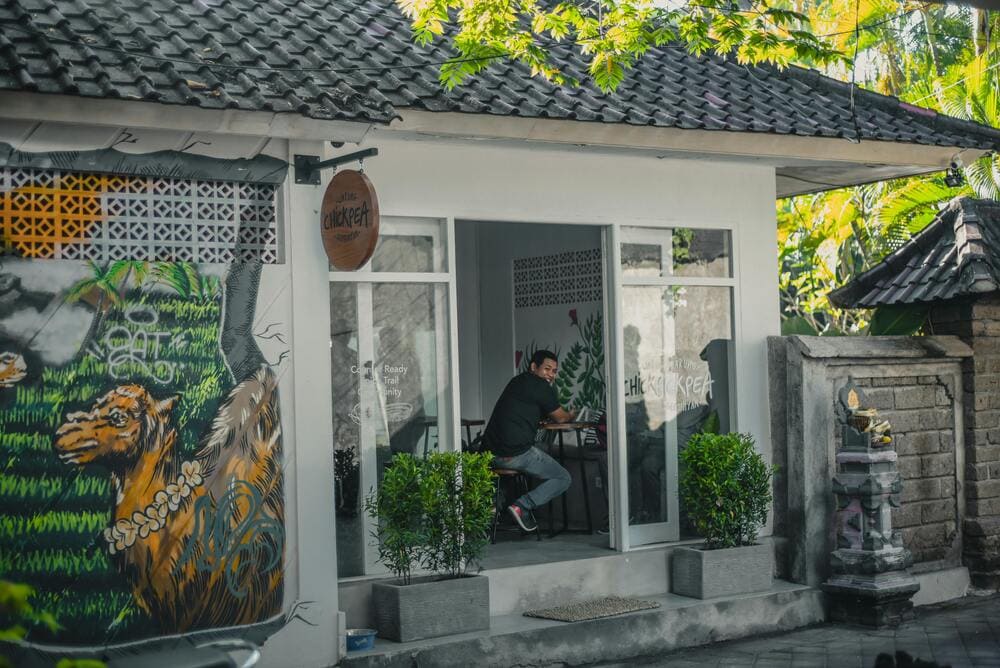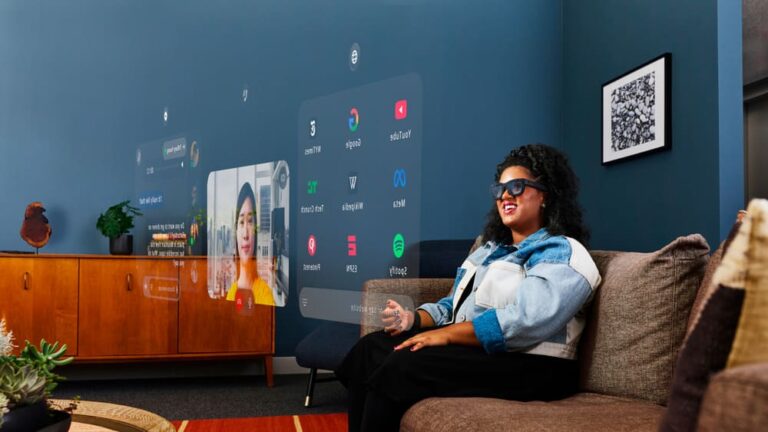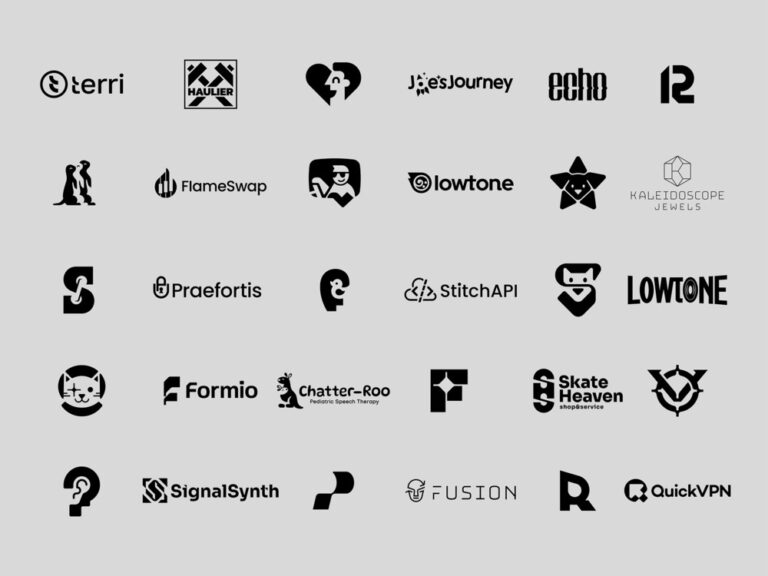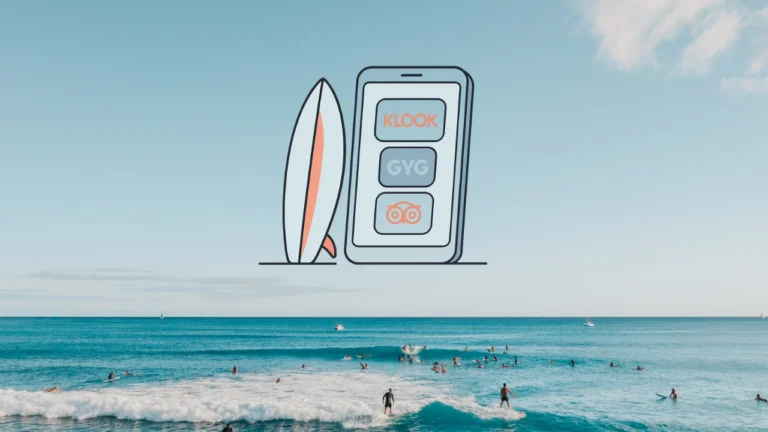Bali, with its vibrant tourism scene and rich cultural heritage, has become a global hotspot for entrepreneurs looking to invest in the cafe business. The island’s thriving tourism industry, combined with a growing community of digital nomads and expats, creates a constant demand for unique dining and coffee experiences. Cafes in Bali, especially in popular areas like Seminyak, Ubud, and Canggu, often enjoy consistent traffic. If you are a foreign investor considering purchasing a cafe in Bali, there are several key steps and considerations to ensure your investment is both wise and profitable.
Initial Considerations Before Buying a Cafe in Bali
Before you jump into purchasing a cafe, it’s essential to conduct thorough due diligence. One of the first things to examine is the financial health of the business. Request the past three years’ financial records, including profit and loss statements, balance sheets, and tax filings. These will help you determine the current profitability of the cafe, and whether there are any hidden debts or financial liabilities. If possible, work with an accountant who understands the local business environment to assess the financials accurately.
Location plays a pivotal role in the success of any cafe, and this is particularly true in Bali. The island is home to several distinct regions, each offering different opportunities. Seminyak and Canggu are known for their trendy, upscale crowds, while Ubud attracts a more bohemian, wellness-focused clientele. You’ll want to choose a location that aligns with your target market and ensures steady foot traffic. Consider how close the cafe is to tourist attractions, resorts, or major roads, as accessibility is crucial for driving customers to your establishment.
Additionally, understanding the lease terms for the property is critical, as foreigners cannot own land in Bali. Most cafes operate under long-term lease agreements. Be sure to review the lease carefully, looking at factors like the duration, rental increases, and the conditions for renewing the lease. You don’t want to invest in a business only to discover that you’re locked into an unfavorable lease that limits your growth potential.
Legal Requirements and Permits for Operating a Cafe in Bali
Navigating the legal landscape in Bali can be complex, particularly for foreign investors. To operate a cafe legally in Bali, you will need to secure several permits and licenses. First and foremost, you must obtain a business license (Izin Usaha) to legally conduct commercial activities. If you plan to serve food and beverages, you’ll need specific permits related to food safety and hygiene standards.
Foreigners typically cannot directly own businesses in Indonesia unless they establish a PT PMA (a Foreign-Owned Limited Liability Company). This legal entity allows foreign investors to own and operate businesses in Bali, but it comes with several requirements, including minimum capital investments and compliance with Indonesian regulations. Setting up a PT PMA can be a lengthy and complex process, so it’s recommended that you consult a legal expert who specializes in foreign investments in Indonesia.
Furthermore, ensure that your business complies with local labor laws if you plan to hire staff. Bali has strict rules around wages, employee benefits, and working conditions, so it’s important to have contracts in place that are compliant with Indonesian law. Make sure your staff is registered for social security and health insurance as well.
Assessing Business Operations
Once you’ve covered the financial and legal aspects, it’s time to delve into the day-to-day operations of the cafe. One of the most important elements of any business is its staff. Are the current employees experienced enough to manage the cafe without constant supervision? Consider whether they will stay on after the sale or if you will need to bring in new talent. Evaluating staff performance and morale can give you a clearer picture of the business’s operational health.
Review the existing supplier contracts as well. Bali’s cafe industry is highly competitive, and supplier relationships are key to maintaining quality and profitability. If possible, assess the prices and terms of these agreements. Are they competitive, and do they meet the current operational needs of the cafe? You may want to renegotiate some contracts or switch suppliers if better options are available.
Additionally, examine the cafe’s reputation and customer base. Bali’s cafe culture thrives on social media, online reviews, and word of mouth. A strong online presence and positive customer feedback are invaluable in this market. Check reviews on platforms like TripAdvisor, Google, and Instagram to gauge customer satisfaction. A well-reviewed cafe with a loyal customer base will make the transition smoother and increase your chances of success.
Cultural and Market Nuances
Bali’s unique cultural nuances and its reliance on tourism make it a fascinating, yet challenging, market for cafe owners. Local customs and the seasonal ebb and flow of tourists must be considered when buying a business here. Understanding the island’s festival calendar and tourism cycles can help you better plan for peak seasons and quieter periods. Engaging with the local community is also essential; forming strong relationships with Balinese suppliers, neighbors, and customers will not only help you integrate but also enhance the reputation of your business.
How Noethera Studio Can Help You Succeed
Buying a cafe in Bali can be a rewarding investment if you approach it with careful planning and the right support. At Noethera Studio, we specialize in helping business owners like you build a successful presence in Bali. From website development to digital marketing and business consultancy, we provide a comprehensive range of services to help your cafe stand out in Bali’s competitive market. Whether you need a professional website, advice on branding, or help







